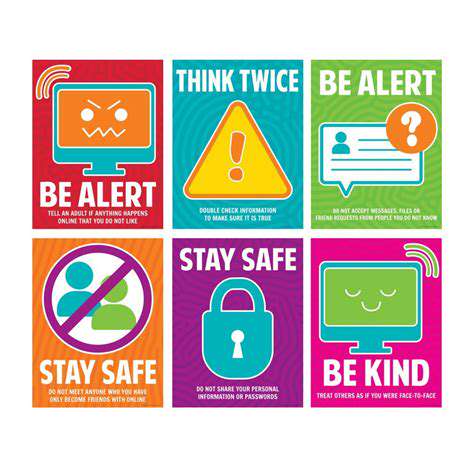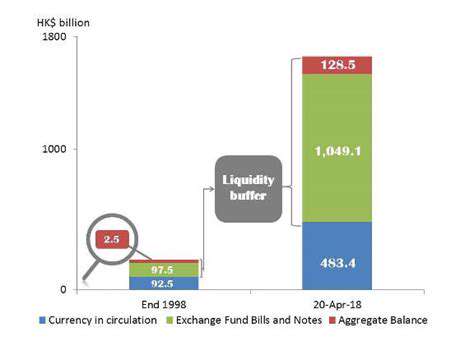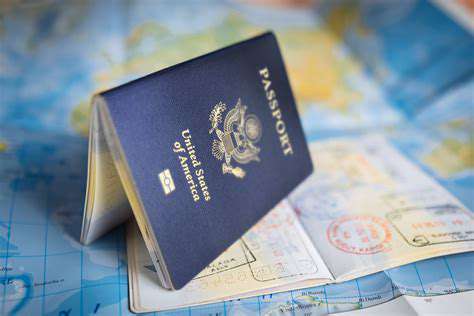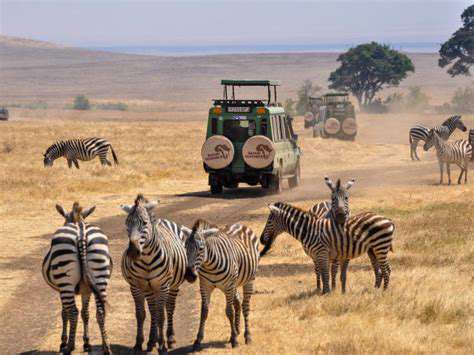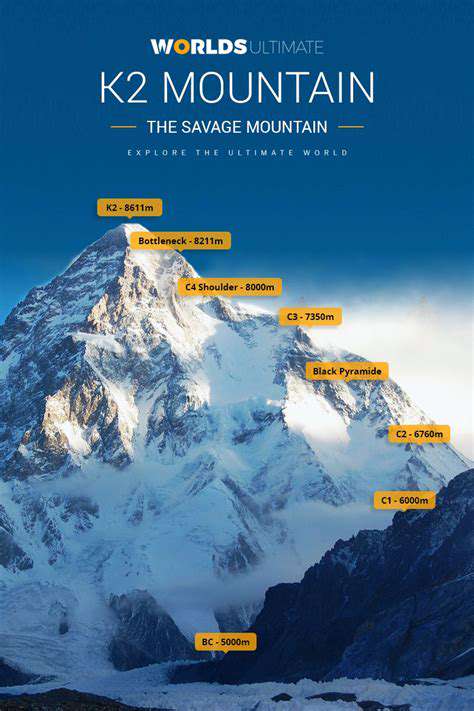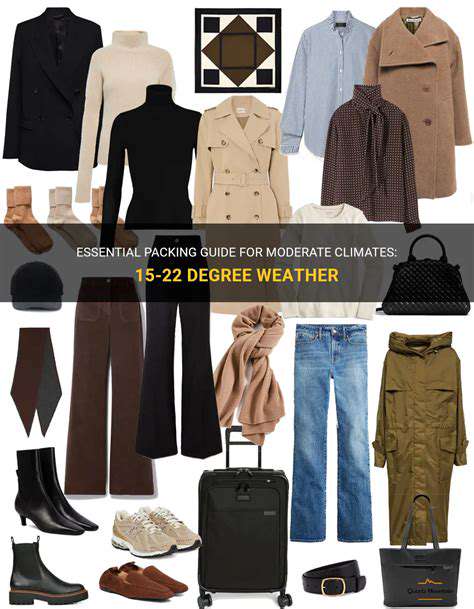How Long Should Your Passport Be Valid for International Travel?
Visa Requirements
Each country maintains unique entry protocols that can make or break travel plans. Popular tourist destinations frequently adjust their visa policies, sometimes with little advance notice. The savviest travelers monitor these changes through embassy newsletters or specialized visa tracking services. I've learned through experience that assuming consistency in visa rules leads to disappointment at immigration counters.
Visa eligibility depends on multiple intersecting factors beyond simple nationality. Your employment history, financial status, and even social media presence might influence approval decisions in some countries. When in doubt, consult with immigration professionals rather than relying solely on forum advice or anecdotal experiences. The most thorough applicants prepare for interviews as rigorously as job interviews, anticipating potential questions about their travel intentions.
Passport Validity Period
The six-month validity rule catches many travelers off guard. This common requirement means your passport must remain valid for half a year beyond your planned departure date from the destination country. Some nations enforce this strictly, while others show leniency, but why risk it?
I recommend treating passport expiration dates like milk cartons - renew well before the marked date. The ideal window begins about nine months before expiration, allowing ample time for processing and unexpected delays. Frequent travelers might consider renewing even earlier to maintain maximum flexibility for spontaneous trips.
Entry and Exit Regulations
Border control procedures extend far beyond passport stamps. Many countries now implement advanced passenger information systems requiring details before boarding flights. Some destinations mandate proof of onward travel or sufficient funds for your stay duration.
The most meticulous travelers create checklists of all required entry documents, including printed copies of hotel reservations and travel insurance. I've witnessed too many passengers scrambling at airport check-in counters because they didn't realize they needed physical proof of accommodations. Digital copies help, but some immigration officers still demand paper documentation.
Health Considerations
Global health requirements evolved significantly in recent years, with vaccination certificates becoming as crucial as passports in some regions. Yellow fever certifications, COVID-19 test results, and other health documents now routinely appear on entry requirement lists.
Consult travel health clinics at least two months before departure to allow time for necessary vaccinations to take effect. Some immunizations require multiple doses spread over weeks. I always remind clients that tropical destinations often have different health preparation needs than urban centers, even within the same country.
Travel Insurance
Quality travel insurance transforms potential disasters into manageable inconveniences. Beyond medical coverage, comprehensive policies handle everything from lost luggage to emergency evacuations. The fine print matters tremendously - some policies exclude adventure activities or pre-existing conditions.
Purchasing insurance immediately after booking flights locks in coverage for cancellation scenarios. I advise comparing at least three policies annually, as benefits and exclusions change frequently. The most valuable policies often come from specialized providers rather than general insurers.
Currency Exchange and Local Laws
Financial preparation extends beyond simple exchange rates. Some countries restrict currency import/export amounts, while others mandate declaring cash above certain thresholds. Local banking systems might not accept foreign cards, making advance cash planning essential.
Cultural norms often intertwine with legal requirements in ways that surprise visitors. Researching basic etiquette and prohibited actions prevents unintentional offenses that could escalate into legal issues. I always recommend learning a dozen basic phrases in the local language - this simple effort demonstrates respect that officials often appreciate.
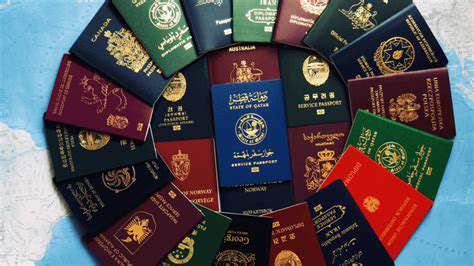
Visa Requirements and Their Impact on Passport Validity
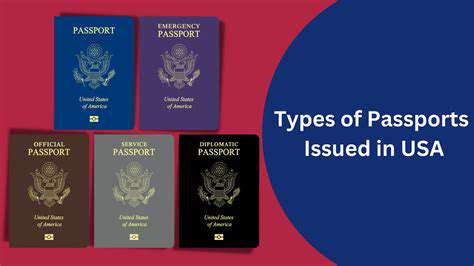
Visa Application Process
Visa applications demand military-level precision in documentation. Missing a single bank statement or providing photos that don't meet exact specifications can derail applications costing hundreds of dollars. The most successful applicants create meticulous checklists and submit packets organized exactly as specified in embassy guidelines. I've seen applications rejected for using the wrong shade of blue in photo backgrounds.
Processing times represent another critical variable. Some consulates process visas in days, while others take months during peak seasons. Building buffer time into travel plans prevents stressful last-minute scrambles when approvals delay. Experienced travelers often apply for visas through specialized agencies that track changing requirements and maintain relationships with consular staff.
Impact on Travel Plans
Visa logistics can dictate entire itineraries. Multiple-entry visas might require leaving and re-entering countries on specific schedules, while transit visas could limit layover durations. I've helped clients redesign entire multi-country tours because they didn't account for sequential visa processing times. The most complex itineraries sometimes need professional visa consulting to navigate conflicting requirements.
Financial impacts extend beyond simple application fees. Some visas require showing substantial bank balances or prepaid accommodations. These financial proofs often need notarization or official translation, adding layers of expense and complexity. Business travelers particularly feel this burden when needing multiple visas annually.
Economic Implications
Visa policies directly influence tourism economies. Countries balancing security with accessibility carefully calibrate requirements to maximize desirable visitors while filtering potential risks. Recent trends show nations competing through visa facilitation to attract high-spending tourists and investors. Some now offer visa-on-arrival or e-visa options specifically to boost certain tourism sectors.
The reciprocity principle often governs visa policies, creating diplomatic domino effects. When one nation tightens requirements, others frequently respond in kind, creating cycles that impact entire regions' travel industries. Savvy tourism boards now lobby their governments for balanced policies that don't inadvertently deter valuable visitors.

